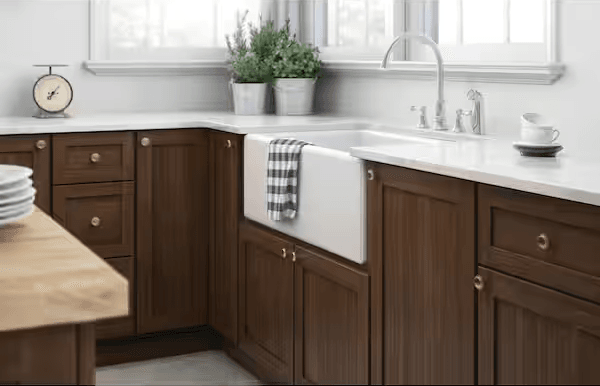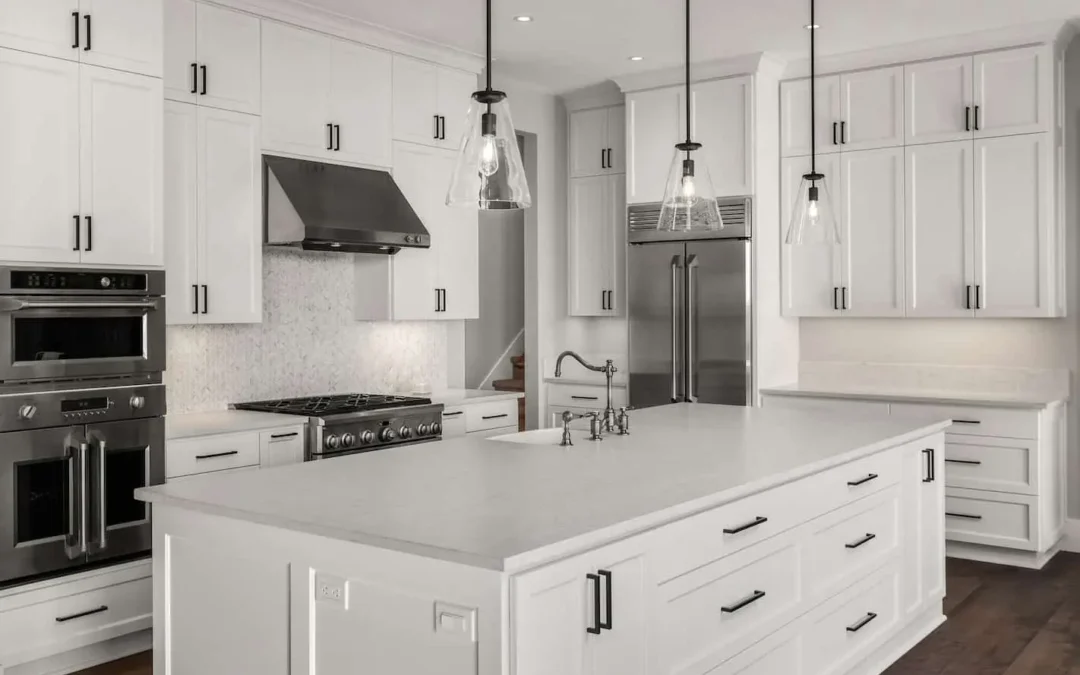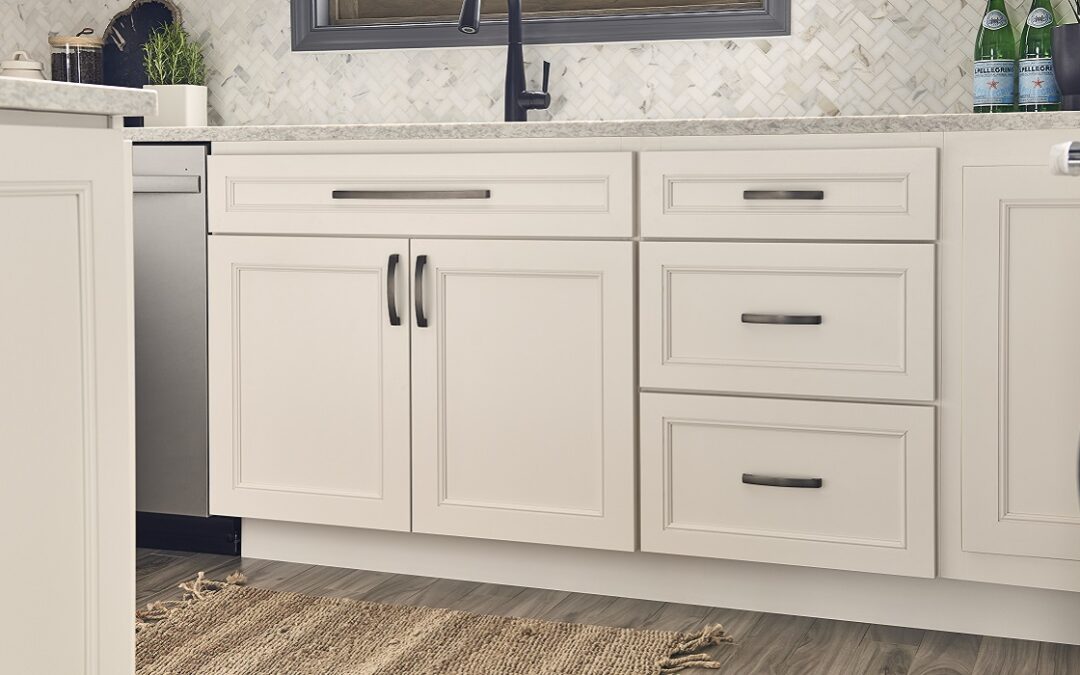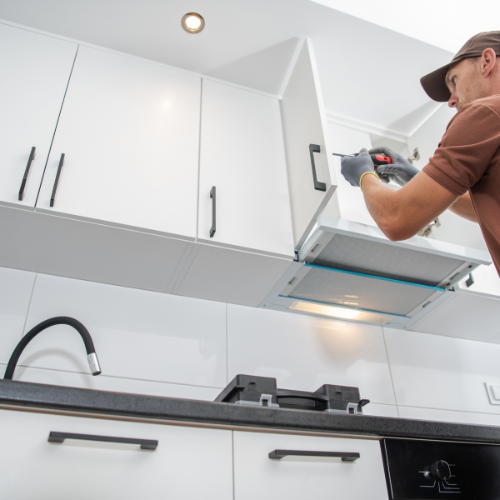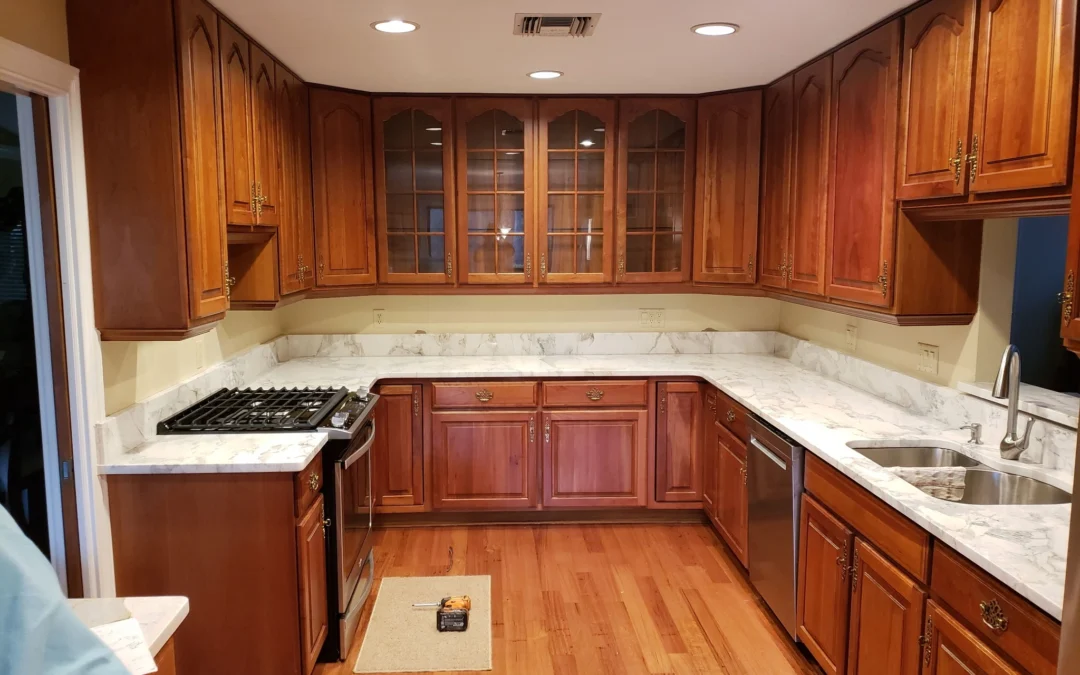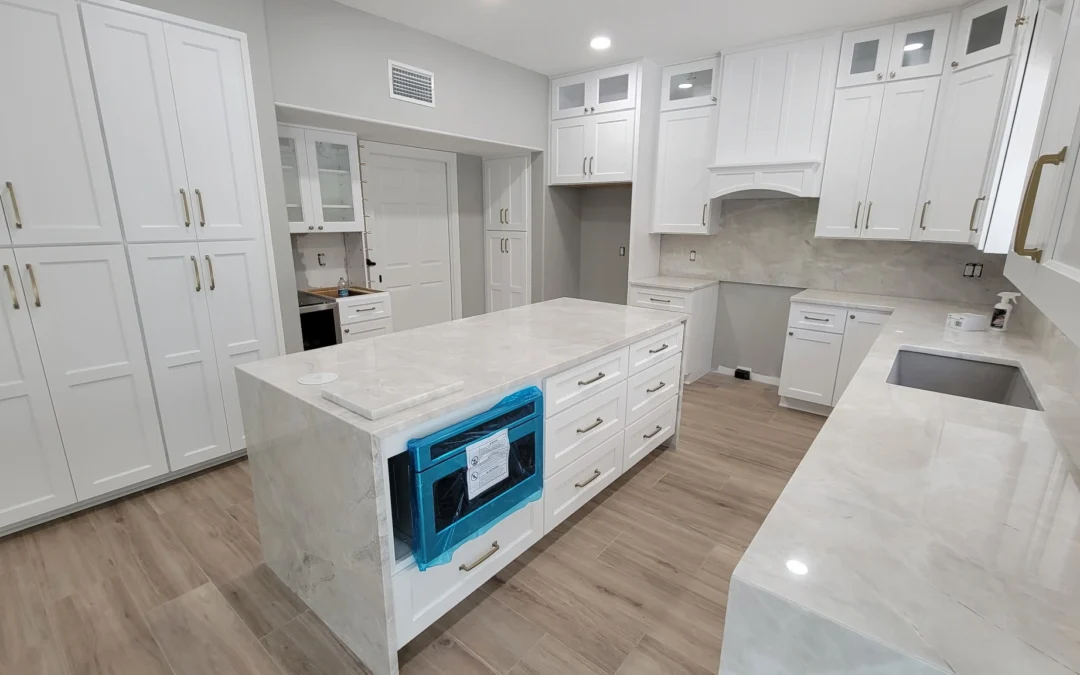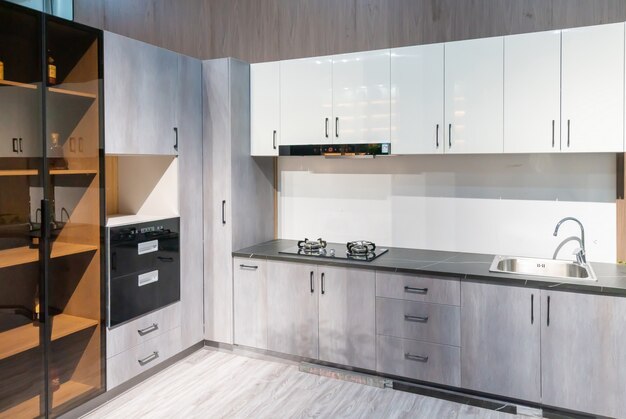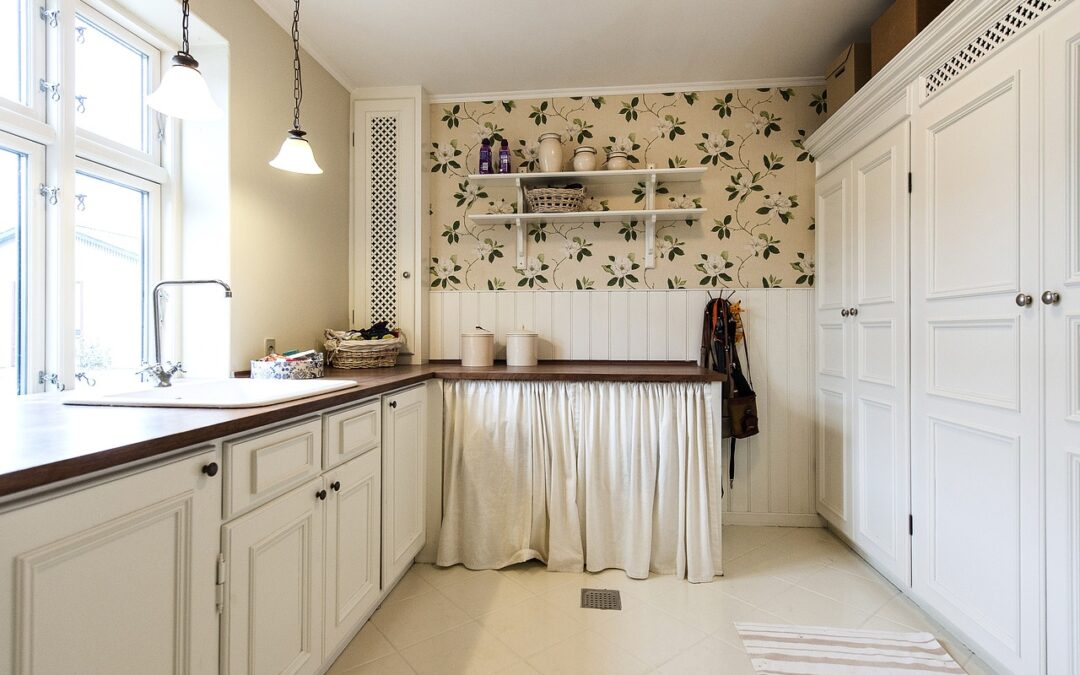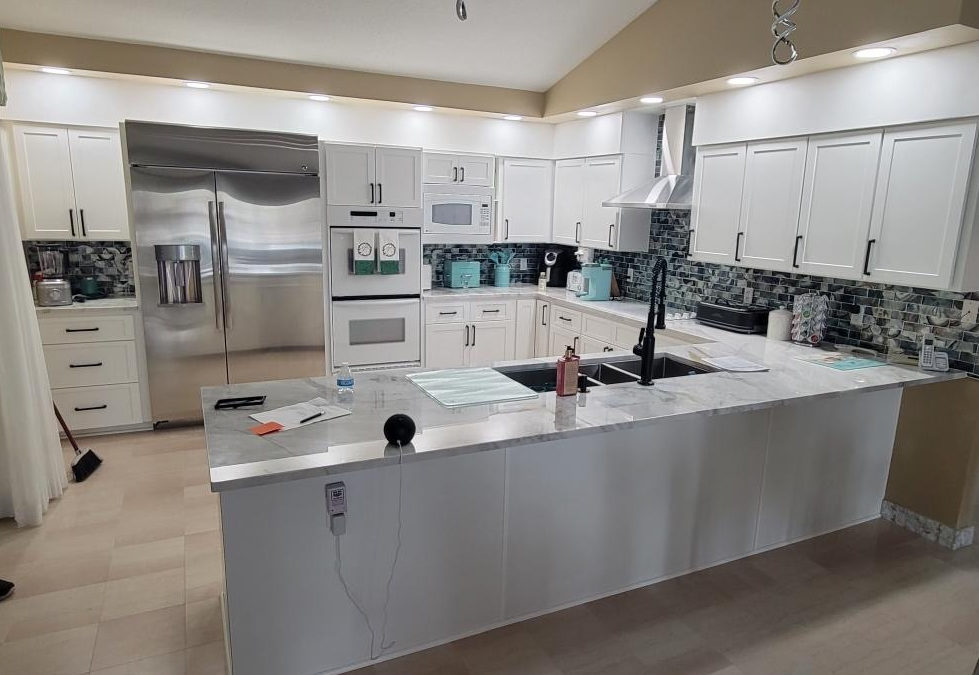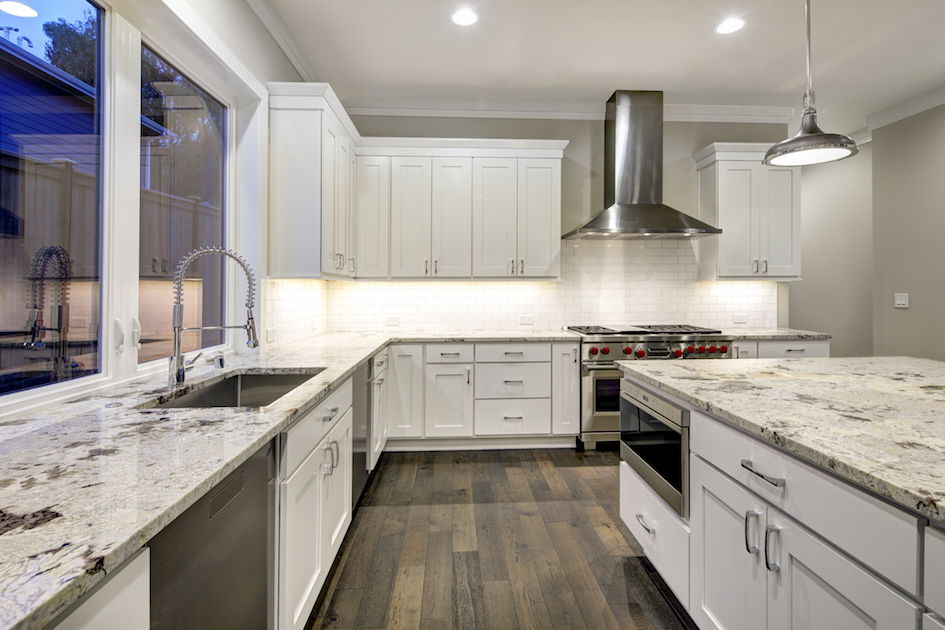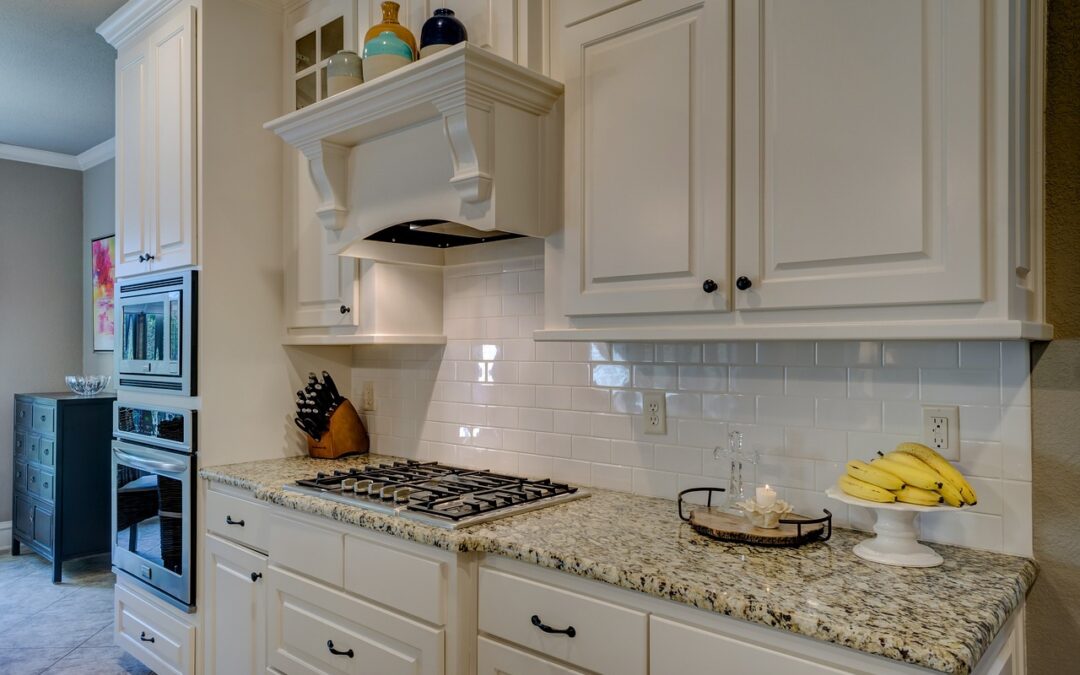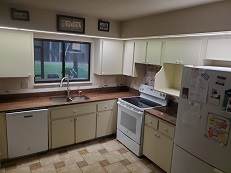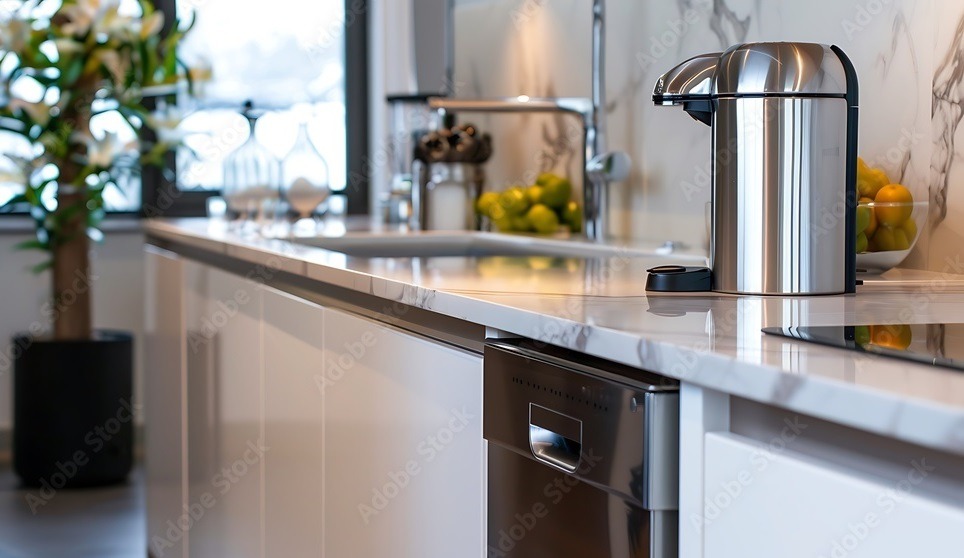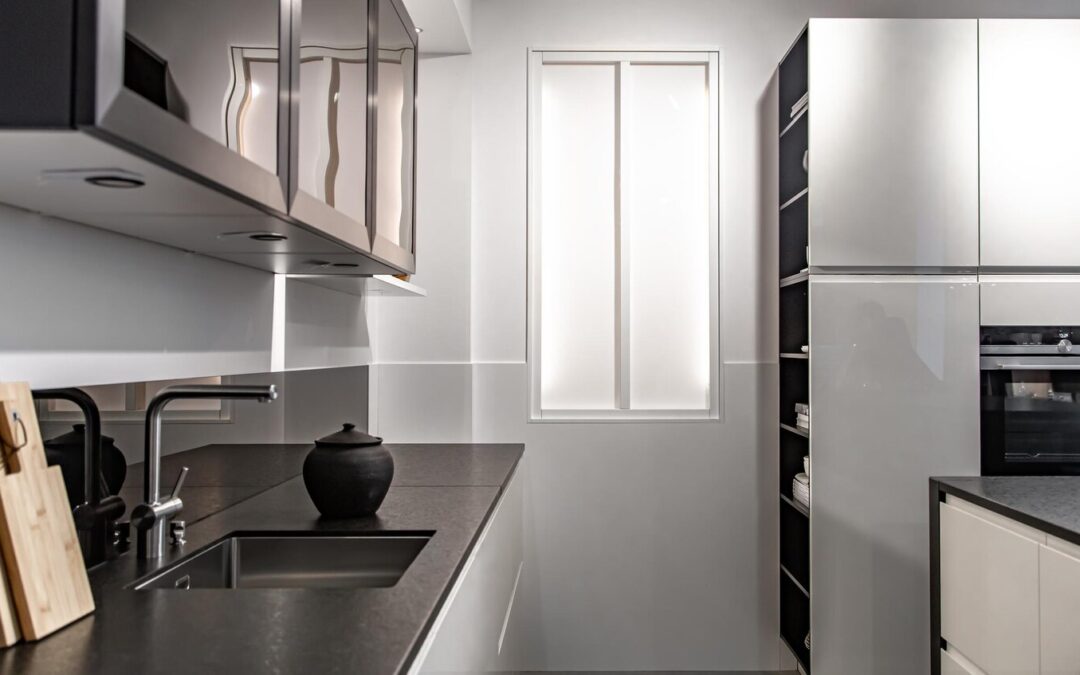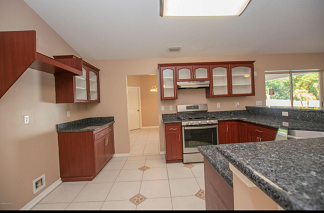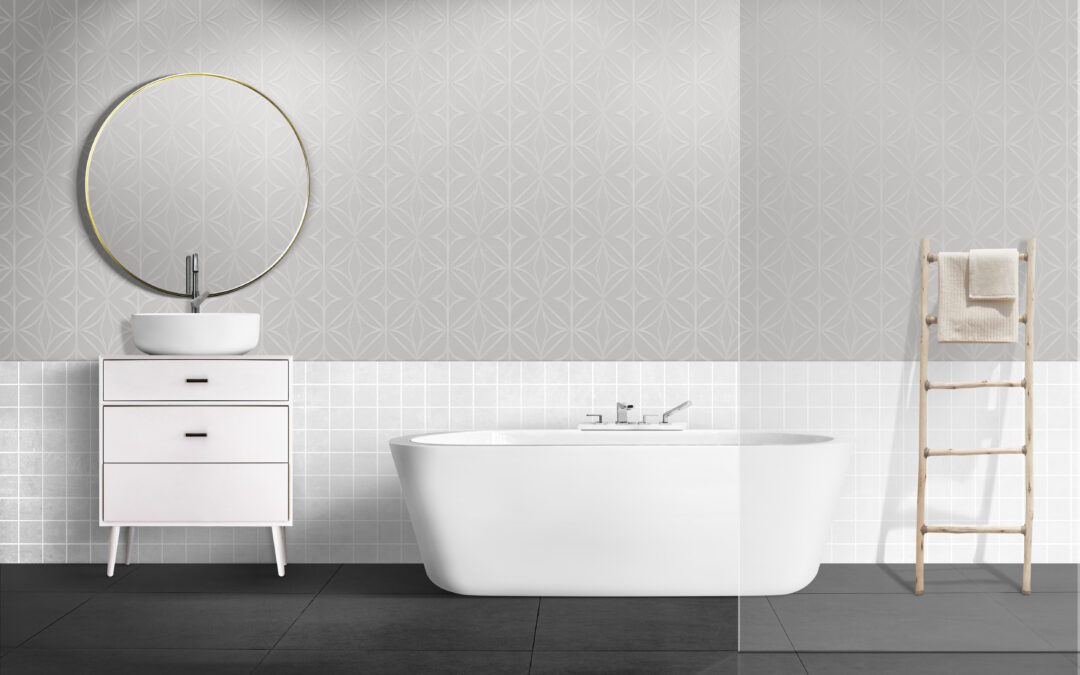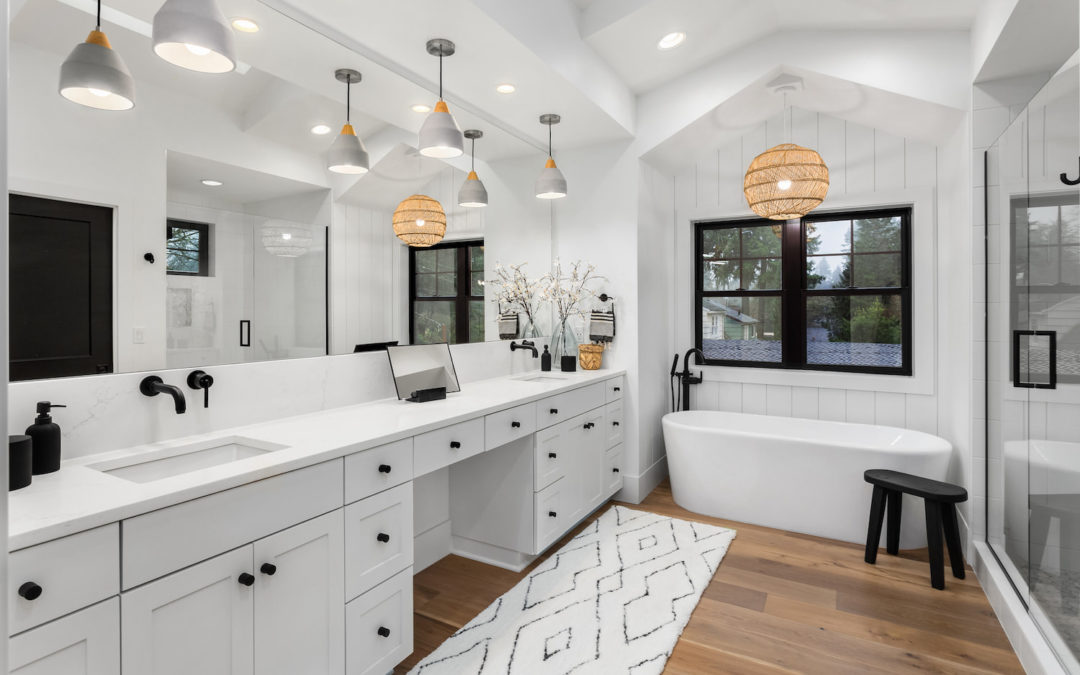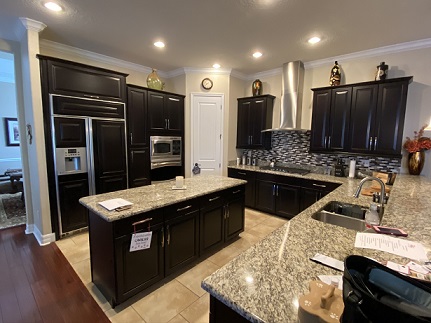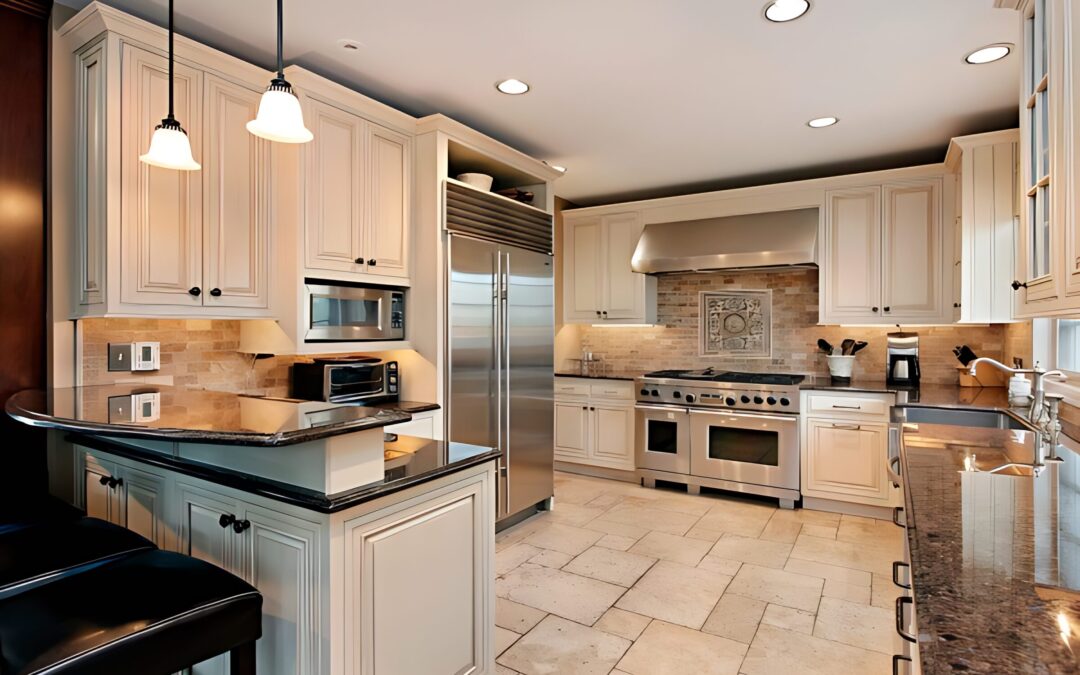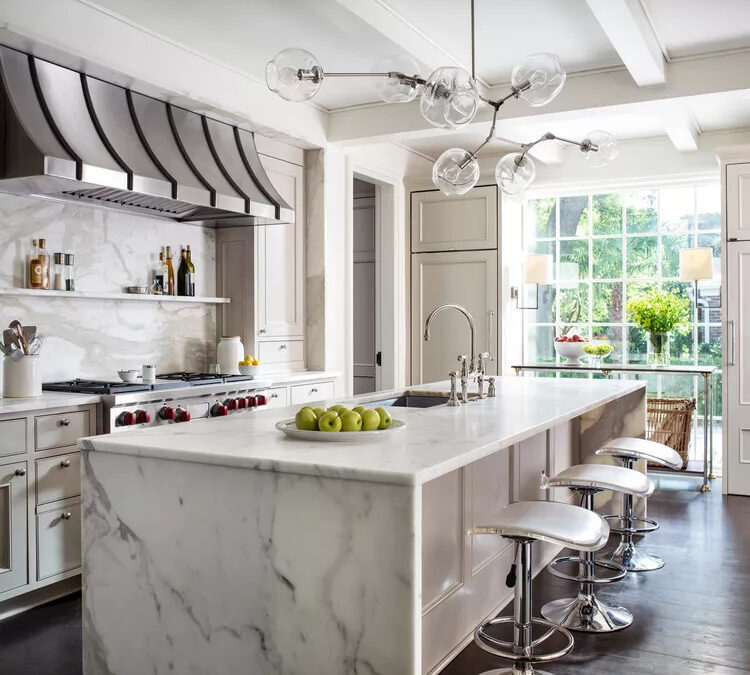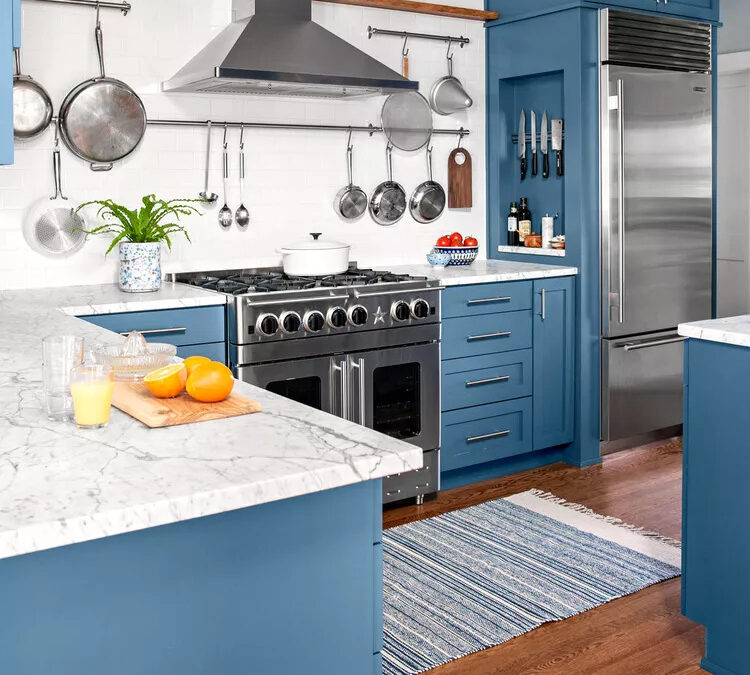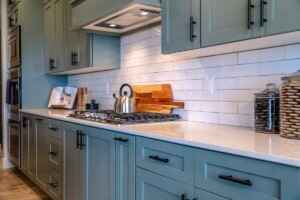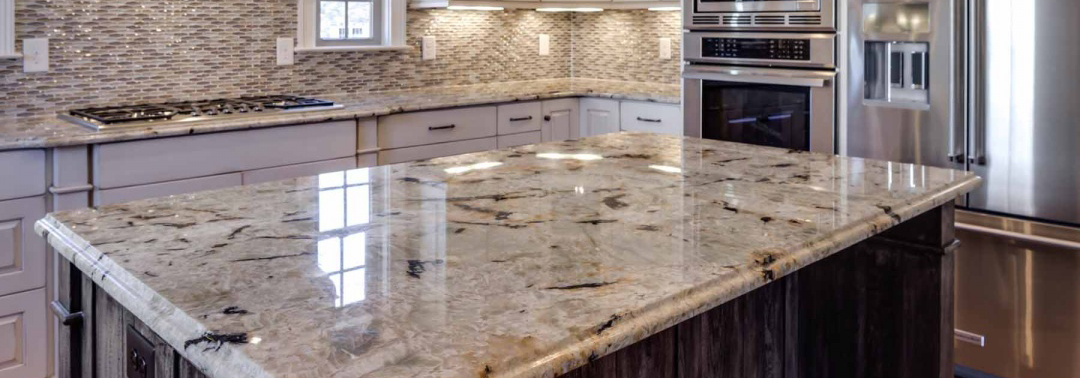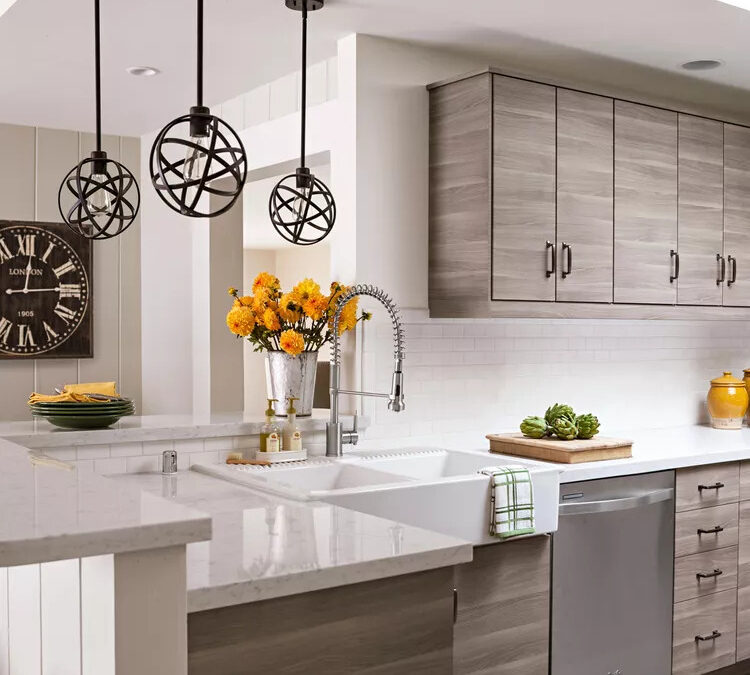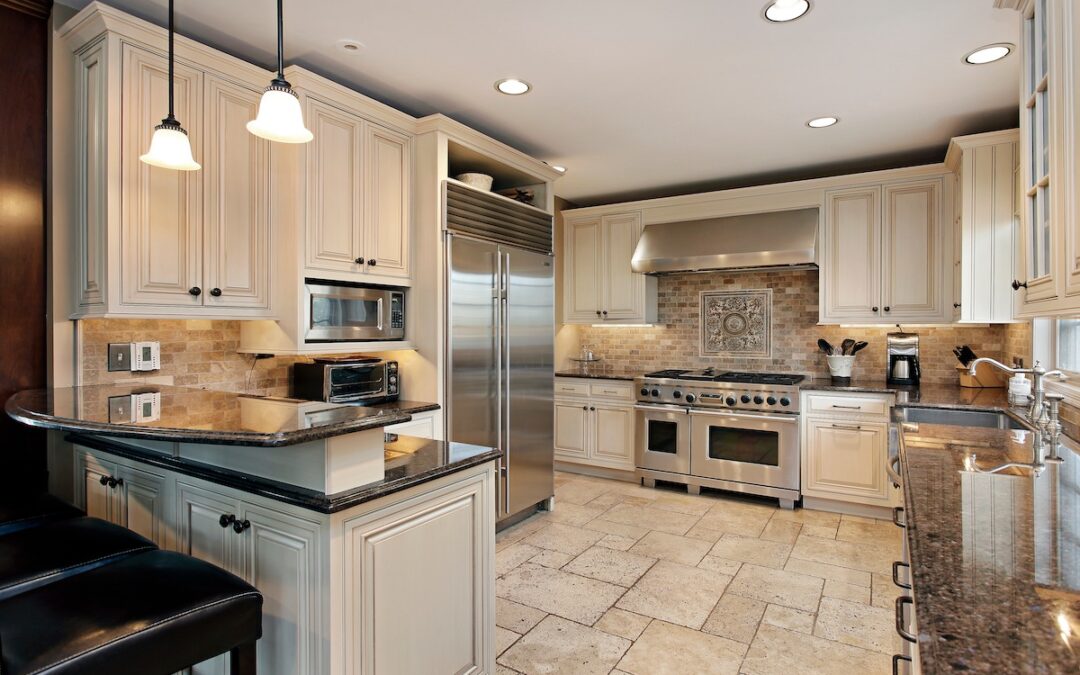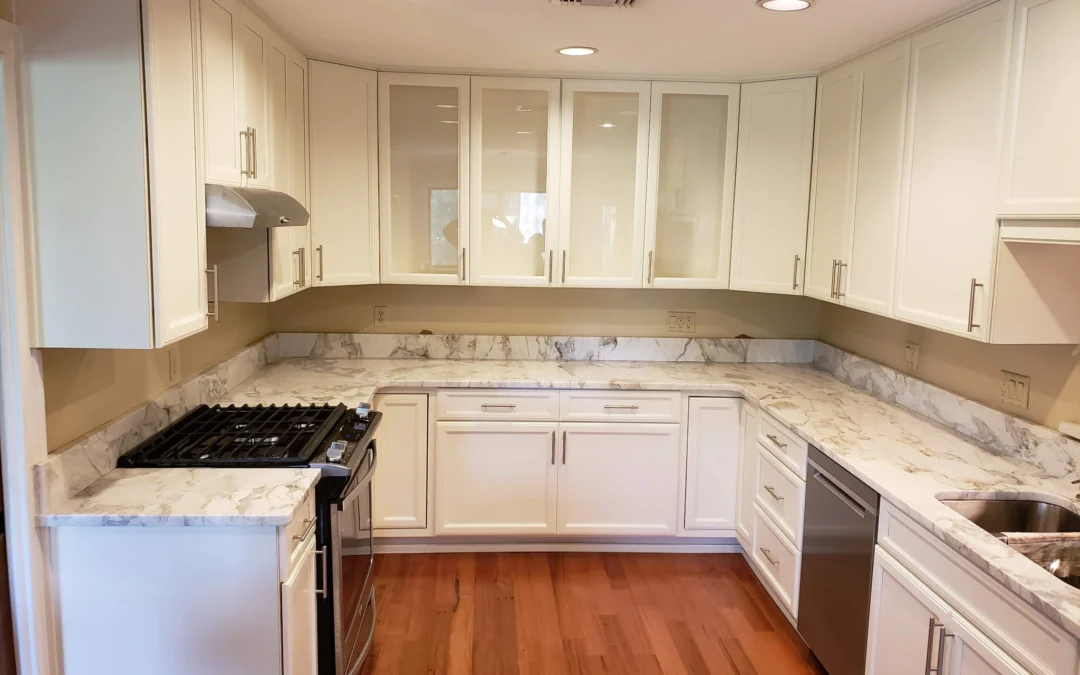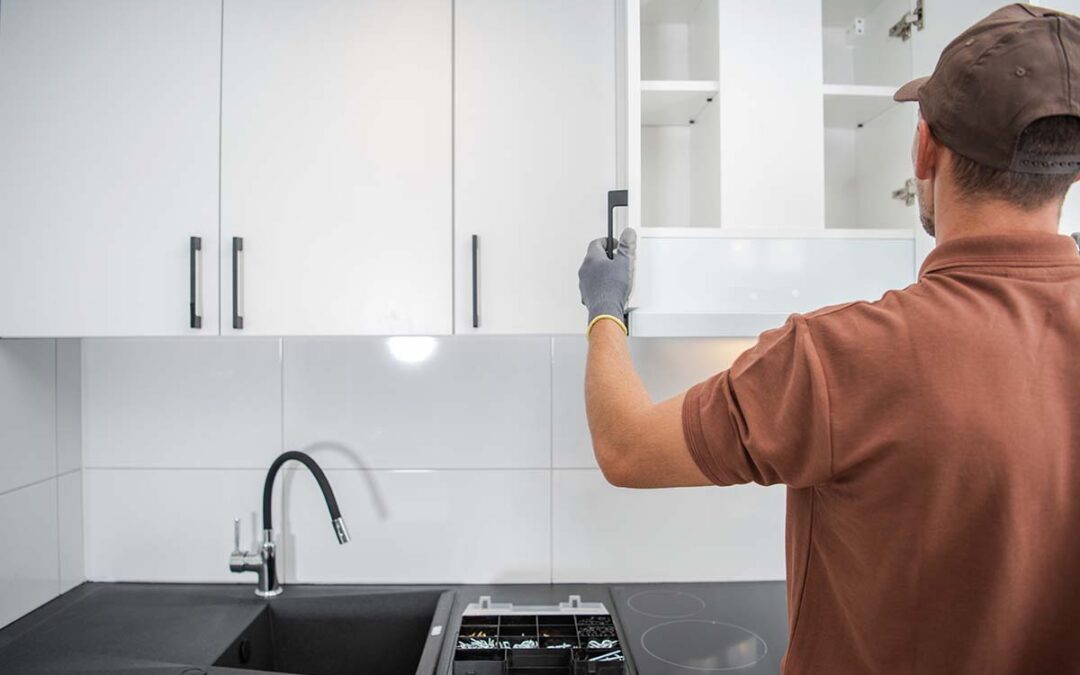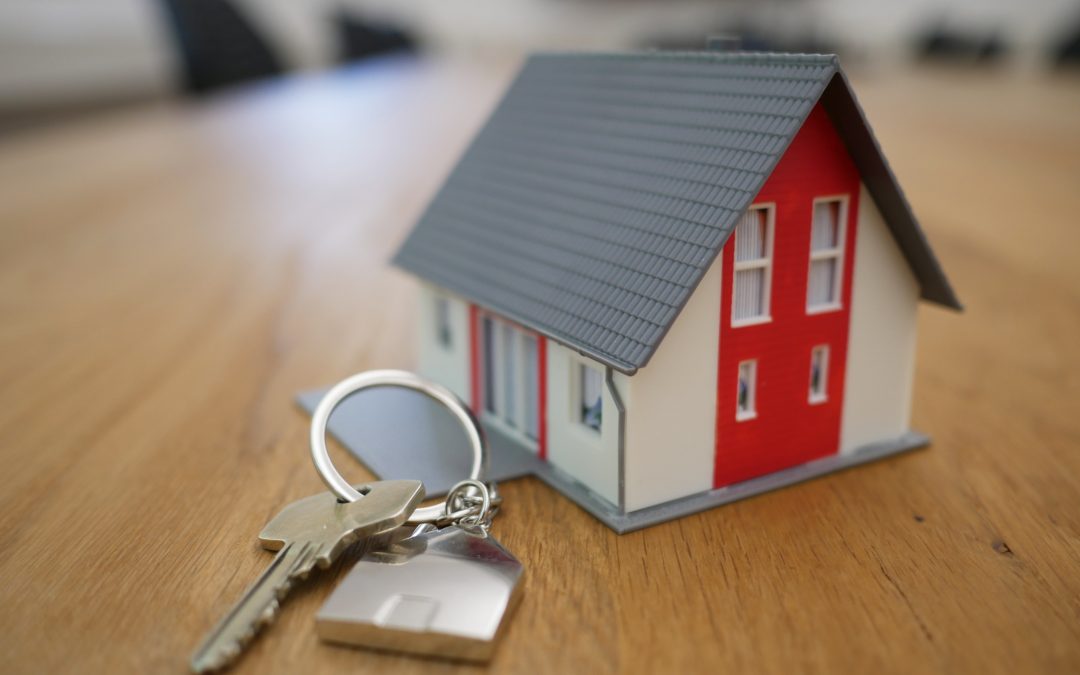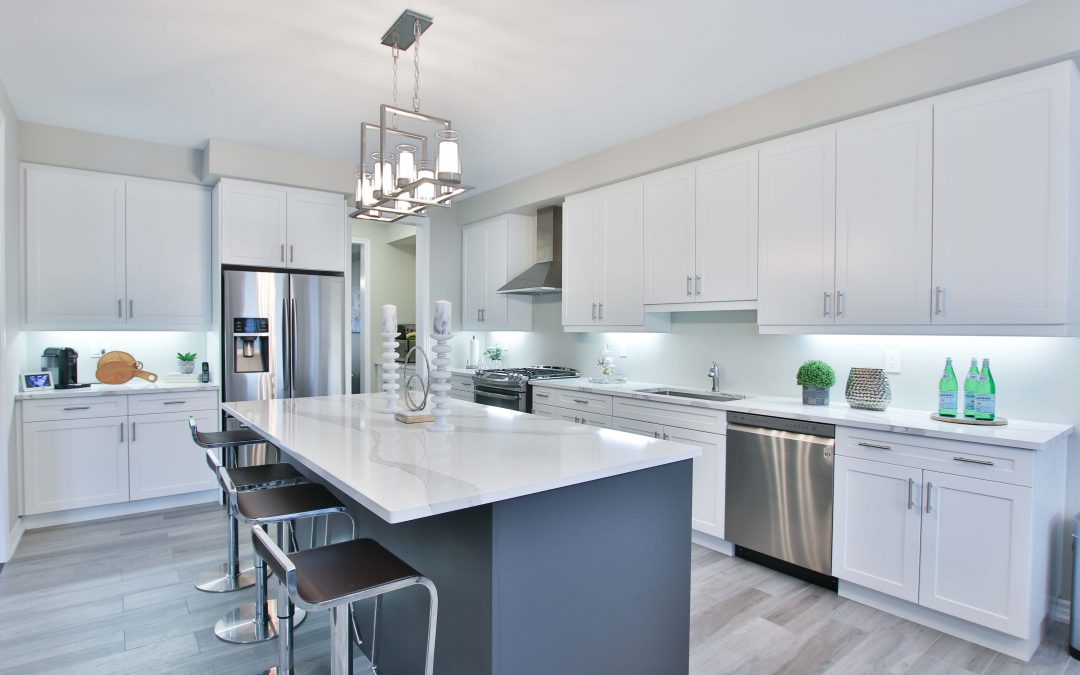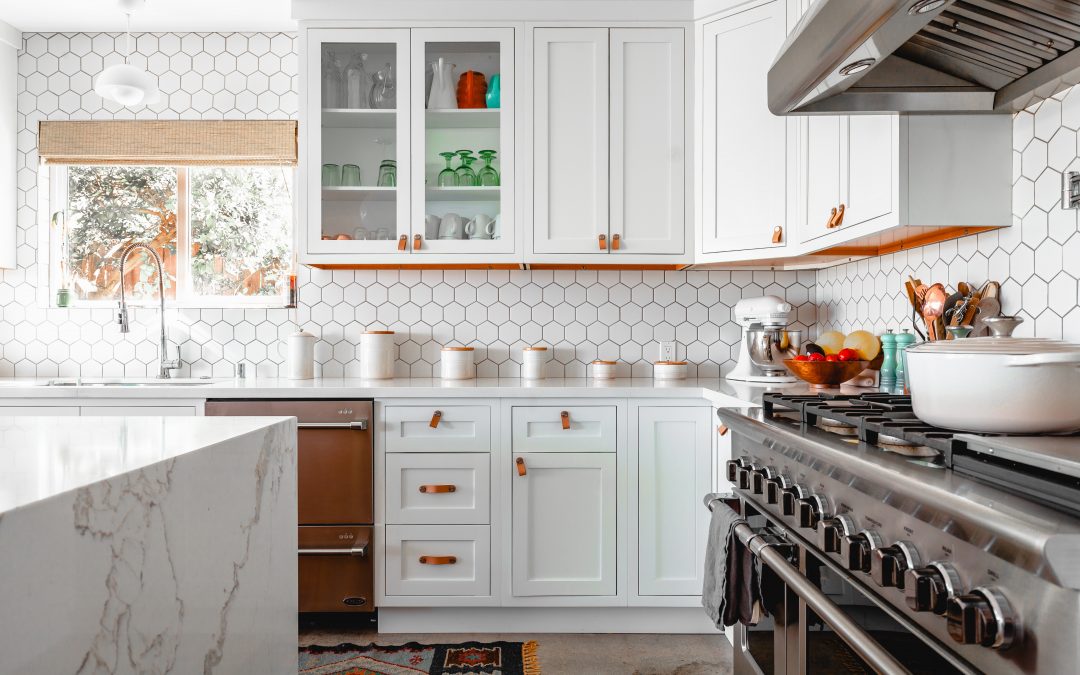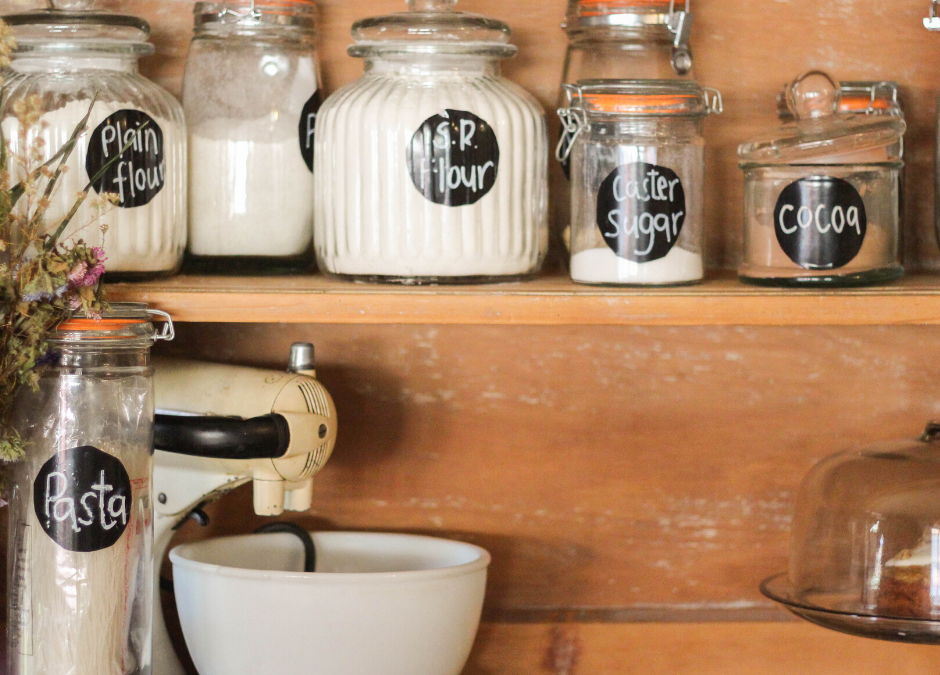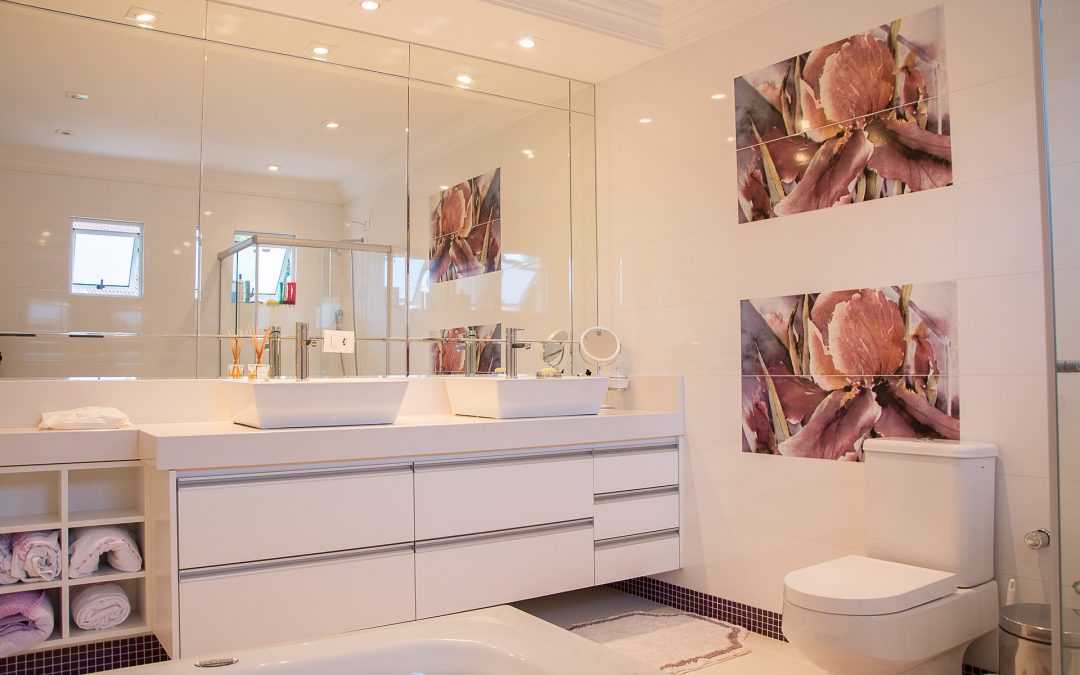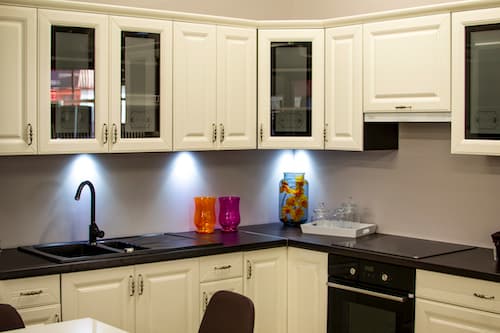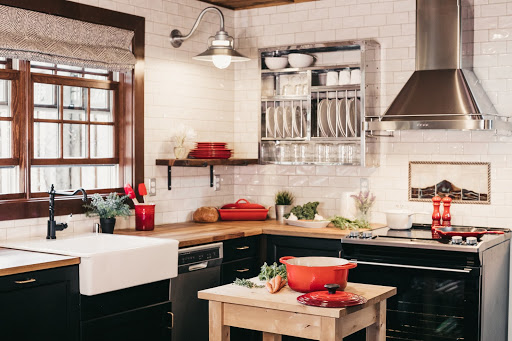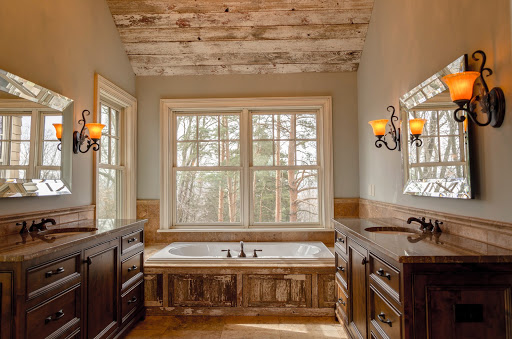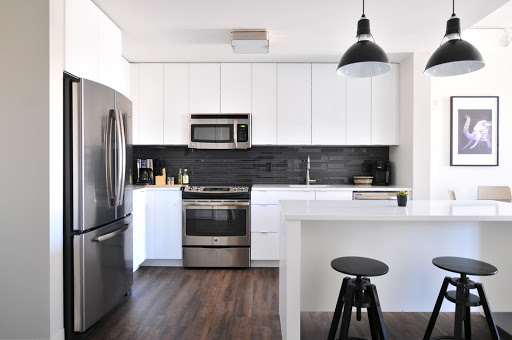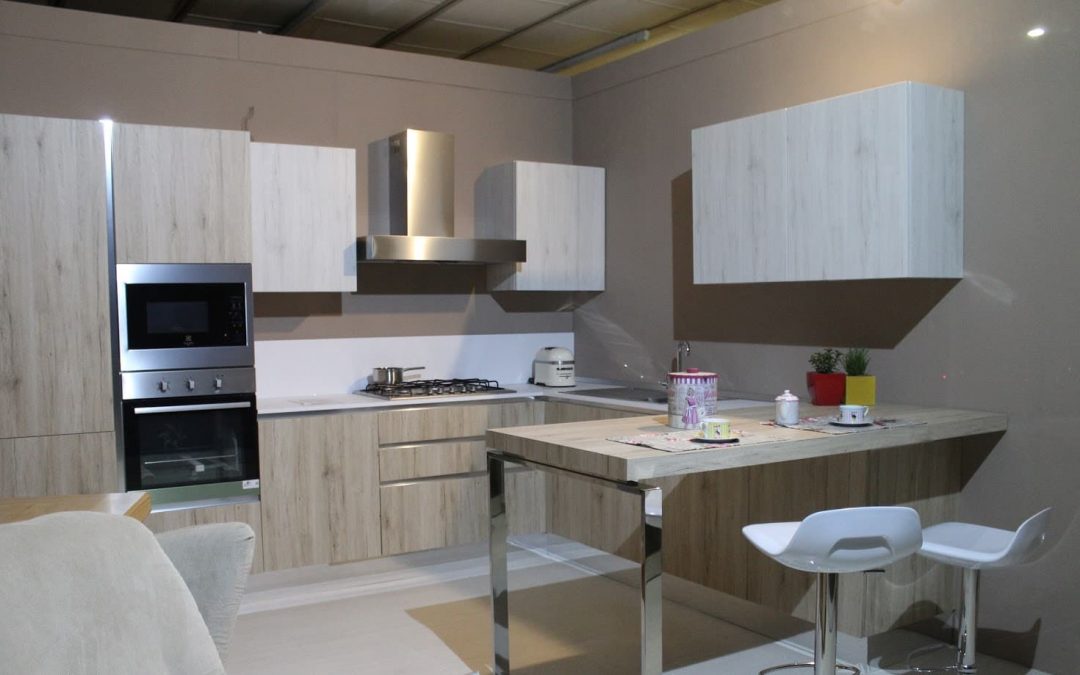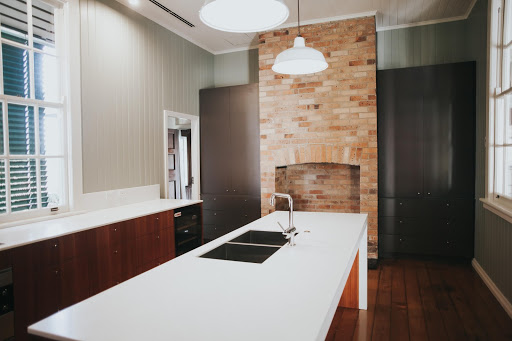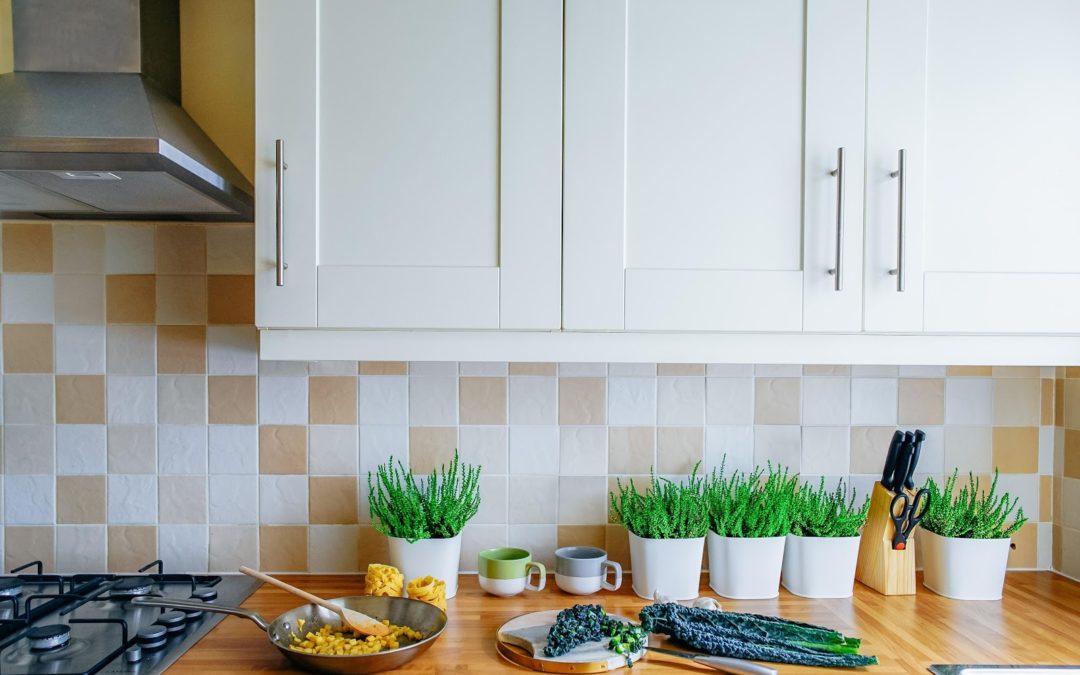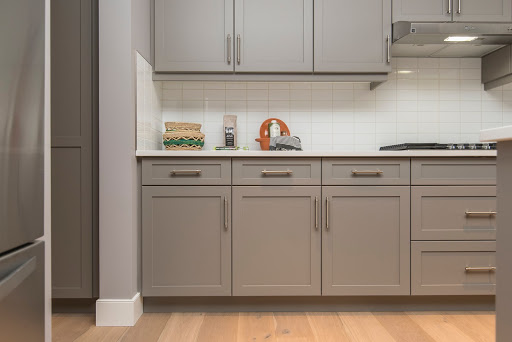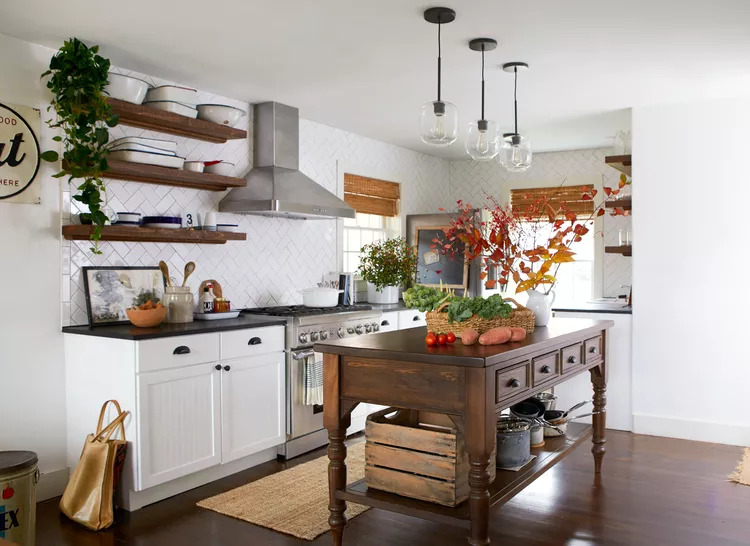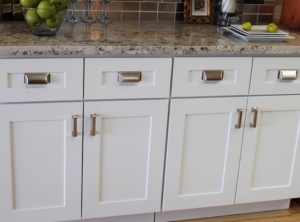
In a world that cares more about sustainability, homeowners want sustainable kitchen cabinets and eco-friendly options for their kitchen renovations. Kitchen cabinets play a key role in kitchen design. Now, these sustainable kitchen cabinets use sustainable materials and better manufacturing processes to conserve natural resources. This change helps homeowners make beautiful and practical kitchens. It also reduces their environmental impact.
Key Highlights
- Sustainable materials are gaining popularity in kitchen cabinet refacing.
- These materials offer environmental benefits and unique aesthetics.
- Look for certifications like FSC and Green guard when choosing materials.
- Consider bamboo, reclaimed wood, and recycled glass as eco-friendly options.
- Reduce your environmental impact with sustainable kitchen cabinet choices.
Exploring Sustainable Materials for Kitchen Cabinet Refacing

Sustainable materials are changing how we renovate kitchens. They give homeowners a way to create stylish spaces while being good for the environment. These materials are strong, look unique, and help to lower the impact on nature. Let’s explore some of the popular options.
1. Bamboo: A Fast-Growing Resource for Modern Kitchens
Bamboo grows really fast. This makes it a very good choice for cabinetry. It becomes ready to use much quicker than traditional wood and regular hardwoods. So, bamboo is a great renewable resource. Bamboo cabinets are made from an eco-friendly material and look nice and modern. They have a light, natural wood grain that looks great in kitchens. Also, bamboo is very strong. It can handle all the everyday use in a busy kitchen. Because of its durability and beauty, many homeowners who care about the environment choose bamboo.
2. Recycled Wood: Giving Old Wood New Life in Your Kitchen
Recycled wood gives us a special chance to make our kitchens look good while caring for the environment. By using waterproof cabinets made from old furniture or buildings, we lower the need for new timber and protect against moisture. This helps save our forests and cuts down on waste. Cabinets made from recycled wood add a touch of history and charm to the kitchen. They feature beautiful and sometimes rare wood patterns that bring warmth and character to the space.
3. Reclaimed Wood: Unique Character for Eco-Friendly Cabinets
Reclaimed wood cabinets are loved for their special charm and eco-friendly qualities. Each cabinet has a story, often sourced from older buildings. It shows signs from its previous life, whether it was part of a building, barn, or other place. You can see this history in the wood’s surface, nail holes, unique grain patterns, and even knots. This makes each cabinet special and different from the others. Aside from looking great, reclaimed wood cabinets are very strong. The wood has already faced many years of use. That’s why it is strong and can resist damage very well.
4. Low-VOC Finishes: Healthier Living Spaces through Safer Paints
Low-VOC finishes and coatings are important for making homes healthier. Traditional paints and finishes often release VOCs, which are bad for indoor air quality and our health. Low-VOC finishes cut down on these emissions. This helps keep your family’s lungs healthy. You can now find these finishes in many colors and styles, so you can have both good looks and sustainability.
5. Recycled Glass and Resin Countertops: Durable and Stylish
Recycled glass and resin countertops are a great way to add style and sustainability to your kitchen design, much like traditional cabinetry. These countertops combine small pieces of recycled glass with a strong resin binder. The result is a beautiful surface that looks good and helps the environment. Here’s why they are an excellent choice for your home:
- Durability: They resist scratches, heat, and stains.
- Design Versatility: You can find them in many colors and patterns.
- Sustainability: They recycle glass waste from consumers.
How to Choose Sustainable Materials for Your Kitchen
Choosing the right sustainable materials, such as friendly cabinet materials, for your kitchen cabinets needs careful thinking. You should not only focus on how they look, but also think about their environmental impact. Consider where the materials come from and how they are made.
Assessing the Environmental Impact of Cabinet Materials
When looking at cabinet materials, it is important to think about more than just sustainability. You should understand their full environmental impact. First, consider where the materials come from. Does it lead to cutting down forests or harming animals’ homes? Next, check the making process. Does it create a lot of waste or pollution? Picking materials that have a clear and responsible supply chain is important for making good choices for your kitchen. For example, bamboo grows quickly, making it a better choice than slow-growing hardwoods.
Understanding Certifications: FSC, GREENGUARD, and Beyond
Certifications from groups like the Forest Stewardship Council (FSC) and GREENGUARD can help you pick sustainable kitchen cabinet materials. FSC certification makes sure that the wood in your cabinets comes from forests that are managed well. This means they care about both the environment and people. On the other hand, GREENGUARD certification checks indoor air quality and confirms that the materials do not release harmful chemicals or formaldehyde emissions. By looking for products with these certifications, you can make smart choices that focus on both air quality and product resource management, ensuring a perfect match for your sustainable living needs.
The Benefits of Refacing Kitchen Cabinets with Sustainable Materials
Refacing your kitchen cabinets with sustainable materials has many benefits. You can save money and even raise the value of your home. This method helps you give your kitchen a new look and also reduces your environmental impact.
Cost-Effective Renovations with a Green Footprint
Refacing your cabinets with sustainable materials is a smart and budget-friendly way to update your kitchen. It costs much less than a full kitchen remodel, but you can still include eco-friendly choices in your upgrade. By picking durable and sustainably sourced materials, you can make a kitchen that looks modern and works well, while also matching your values. Refacing cuts down on waste from construction, helping to lessen the environmental impact of your renovation.
Enhancing Home Value with Eco-Friendly Improvements
As people care more about sustainability, homebuyers want eco-friendly upgrades like sustainable kitchen cabinets. Changing your kitchen with these cabinets can make your home look better and boost its value. Homes that show they care for the environment—like those with eco-friendly cabinetry—are seen as cleaner and more appealing. This can lead to quicker sales and higher prices when reselling.
Implementing Sustainable Practices in Kitchen Design
Sustainable kitchen design goes beyond just the cabinets. You can make your kitchen eco-friendly and stylish by using energy-efficient appliances and carefully selected hardware. This way, you create a great center for your home.
Incorporating Energy-Efficient Appliances for a Greener Kitchen
Energy-efficient appliances are essential for a sustainable kitchen. Check for refrigerators, dishwashers, and ovens that have high Energy Star ratings. This shows they are energy efficient and meet strict guidelines. These appliances help reduce your environmental impact and save you money on utility bills over time. Choosing energy-efficient models is a sustainable choice that benefits both the planet and your wallet.
Choosing Eco-Friendly Hardware for a Complete Sustainable Makeover
Even tiny details can help make your kitchen more sustainable. When you choose hardware for your cabinets, think about using options made from recycled metals or wood that is harvested in a sustainable way. Many makers today provide stylish and durable hardware that matches eco-friendly values. This way, you can finish your dream kitchen while feeling good about your choices. From hinges to drawer pulls, these small changes can add up to create a big difference.
Conclusion
The move to use sustainable materials in kitchen cabinet refacing is an important step for eco-friendly homes. Options like bamboo, recycled wood, reclaimed wood, low-VOC finishes, and eco-friendly kitchen flooring along with recycled glass countertops look good and are good for the environment. When you pick these materials, you help lower your carbon footprint and increase your home’s value. It’s smart to think about the environmental effects and search for labels like FSC and GREENGUARD. By using sustainable practices, you can build a greener kitchen that shows your care for the planet. Let sustainability shape your kitchen design choices for a cleaner and more eco-friendly future.
Frequently Asked Questions
What are sustainable kitchen cabinets?
Sustainable kitchen cabinets are made using environmentally friendly materials and processes, such as reclaimed wood, bamboo, or low-VOC finishes. These cabinets prioritize reduced environmental impact, responsible resource management, and long-term durability.
What is eco-friendly cabinet refacing?
Eco-friendly cabinet refacing involves updating your existing cabinet framework by replacing doors, veneers, and hardware with sustainable materials. This process reduces waste, conserves natural resources, and offers a cost-effective alternative to full cabinet replacements.
How does cabinet refacing help the environment?
Cabinet refacing reuses your existing cabinet structure, reducing the amount of waste sent to landfills. By choosing sustainable materials like reclaimed wood or low-VOC coatings, you also minimize your carbon footprint and promote better indoor air quality.
What certifications should I look for when choosing sustainable cabinets?
Look for certifications such as the Forest Stewardship Council (FSC) and the ESP (Environmental Stewardship Program) seal from the Kitchen Cabinet Manufacturers Association (KCMA). These certifications ensure the products meet high standards for environmental responsibility and indoor air quality.
Are sustainable cabinets as durable as traditional cabinetry?
Yes, sustainable cabinets are designed for durability. Materials like reclaimed wood, bamboo, and FSC-certified solid wood are not only eco-friendly but also robust and long-lasting. Proper care and maintenance can further extend their lifespan, making them a smart and sustainable choice for your kitchen.

